The music search for rights-holders can be one of the most challenging aspects of music licensing and supervision, particularly when a track involves multiple entities. Even if a song perfectly fits a scene, the inability to identify and clear the rights-holders can significantly hinder its successful use in a visual project. Other factors that might prevent a song from being used are discussed in detail here.
One major consequence of an improper music search is incorrect crediting in a visual project. Below are two examples of how a song might be credited. Determine which option is more appropriate:
A. Essence – Wizkid ft. Tems
B. Essence Written by Ayodeji Ibrahim Balogun, Oniko Eddie Uzezi, Oniko Evawero Okiemute, Richard Isong, Temilade Openiyi Performed by Tems and Wizkid Produced by P2J & Legendary Beatz Courtesy: Starboy/RCA Records
Which of these credits indicates that the song was properly cleared for use, giving due account to each rightsholder?
Option B demonstrates proper clearance, as it provides detailed information about each rightsholder involved. However, searching for all the rights-holders can be an overwhelming task, especially when no single entity serves as a one-stop shop for all rights-holders in the licensing process for a selected track.
Who are the Rights-holders a Licensee Should Look Out For?
Anyone who contributed to the selected track is entitled to a share of the license fee. Unless there’s been an initial assignment, the following contributors are recognized and entitled to split points, either on the master or publishing side, whenever they contribute to a song. These contributors include:
- Actor
- Arranger
- Background Vocalist (BGV)
- Choir
- Composer
- Conductor
- Contributing Artist
- Engineer
- Ensemble
- Featuring Artist
- Lyricist
- Mixer
- Orchestra
- Performer
- Producer
- Remixer
- Session Musician
- Soloist
- Translator
- Video Director
- Video Producer
- Writer
It’s important to note that some of these roles are now eligible for either statuettes or winners’ certificates at the Grammy Awards.
Why Should Session Vocalists and Musicians Be Considered?
Session vocalists and musicians may not be the face of the music or even appear in the music video, but without an assignment of copyright (evidenced by a Musician Consent Form or similar agreement), they are entitled to royalties from the issuance of a license. This entitlement is based on the premise that their efforts have made the rendition sound original and unique.
Here are examples where the contributions of session musicians and vocalists were pivotal and recognized:
- Do Me by P-Square: Listen for Waje’s voice in the call-and-response parts and her vocal solo at 01:14.
- Anoti by Wizkid: Notice the consistent ad-libs and background vocals by Bella Shmurda throughout the song.
- Away by Oxlade: Pay attention to the rhythm guitar and the solo at 2:18, performed by Opeyemi Abodurin.
Why Should Mixers and Engineers Receive Royalties?
Mixers and engineers might not contribute directly to the composition, but they play a crucial role in the post-production process, shaping the final sound of the recording. When a new arrangement is made, particularly in remixing, sharing some of the performer’s income with the engineer is not unreasonable. Learn more about the role of mix and mastering engineers here.
What about Composers and Performers?
Composers and performers are the most recognized rights-holders and typically have their rights managed through publishers and labels. They benefit from royalties derived from the exploitation of various rights, including master rights, mechanical rights, performance rights, and neighboring rights.
How Can I search for Rights-holders in a song?
Music searches can be conducted through various means, including:
- Collective Management Organizations’ Databases (e.g., BMI’s Songview Search)
- Digital Streaming Providers’ “Show Credit” Feature available on platforms like Tidal, Spotify, and Apple Music (composers only)
- Third-Party Websites such as Blokur, Jaxsta, Sound Credit, etc.
These resources can help identify the rights-holders involved in a track and ensure proper clearance for use in your visual project.


